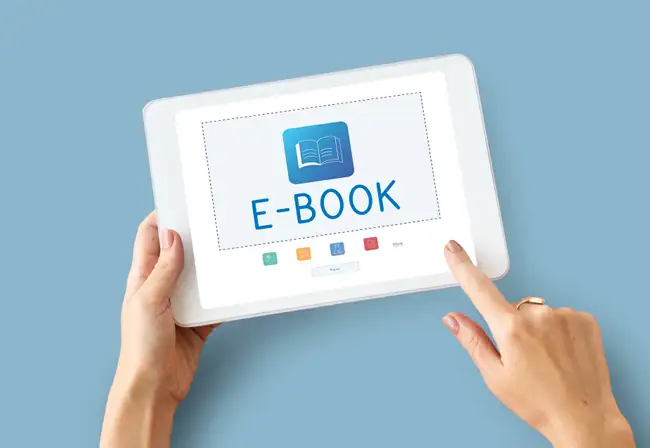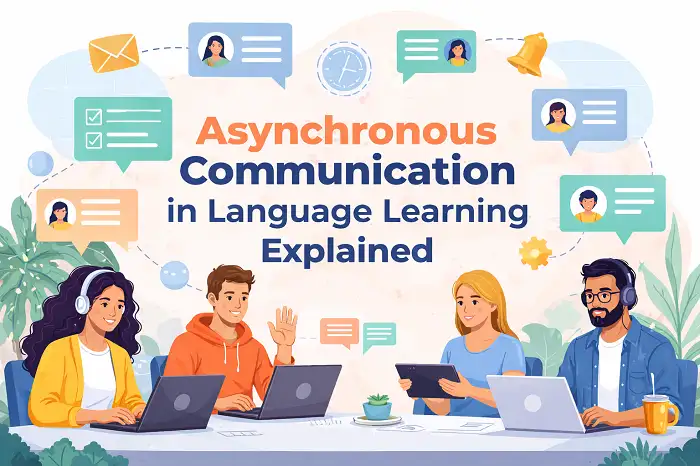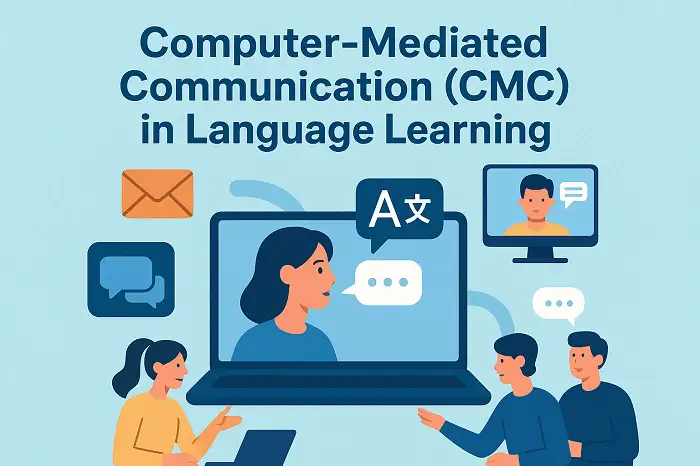Topic: Do you think ordinary books will have been replaced by e-books by the end of the 21st century? Essayist: Lobat Nowadays, E-books are a favorite method to study. Although they are common especially in young generations, personally, I believe that ordinary books will stay as a typical way to study for many years because of several benefits of them. Firstly, some people specially old generations used to read handy books. They have been able to carry them wherever they want, read them whenever they want, also books have easy accessible. In spite of accessibility, carrying books are safer compare ...
Home » IELTS Essay Writing Practice » Essay 21 on Print Books vs E-books

Essay 21 on Print Books vs E-books
Updated: by Dr. Mohammad Hossein Hariri Asl
Time to Read: 4 minutes | 379 Views | 2 Comments on Essay 21 on Print Books vs E-books
Share This Post
About the Author
Dr. Mohammad Hossein Hariri Asl is an English and Persian instructor, educator, researcher, inventor, published author, blogger, SEO expert, website developer, entrepreneur, and the creator of LELB Society. He's got a PhD in TEFL (Teaching English as a Foreign Language).
Number of Posts: 4242



By the end of the 21st century, regular books might be mostly replaced by e-books. E-books are easier to carry because they’re digital, like regular books but more convenient. This makes them simpler to use, which could lead more people to choose digital books over traditional printed ones.
Such a well-written and flawless paragraph on the topic of e-books and print books. I also agree with you on the superiority of e-books over the printed books in modern time. E-books are more environmentally friendly, as well. Furthermore, searching for specific information is also much more easier compared to printed books.